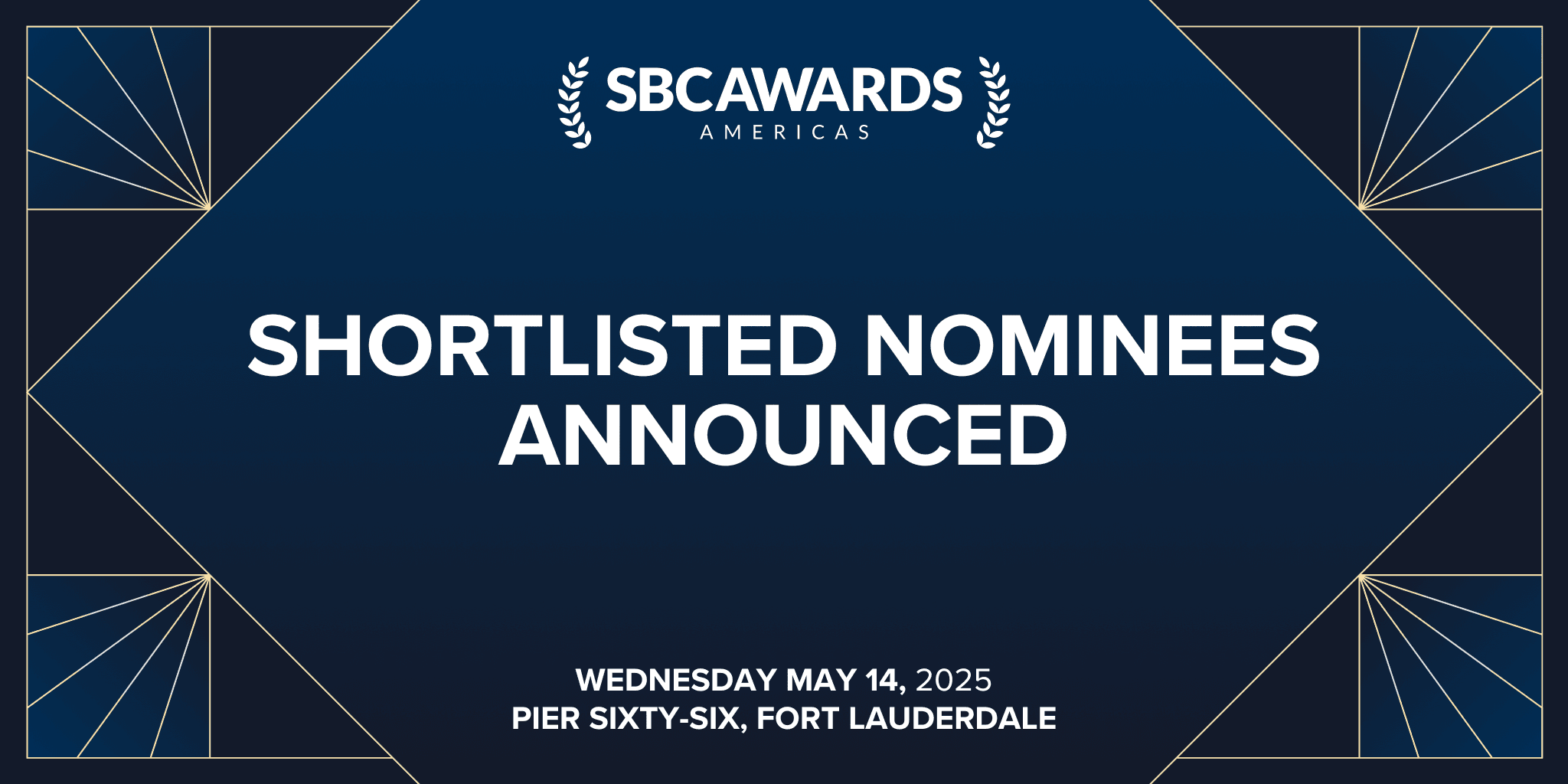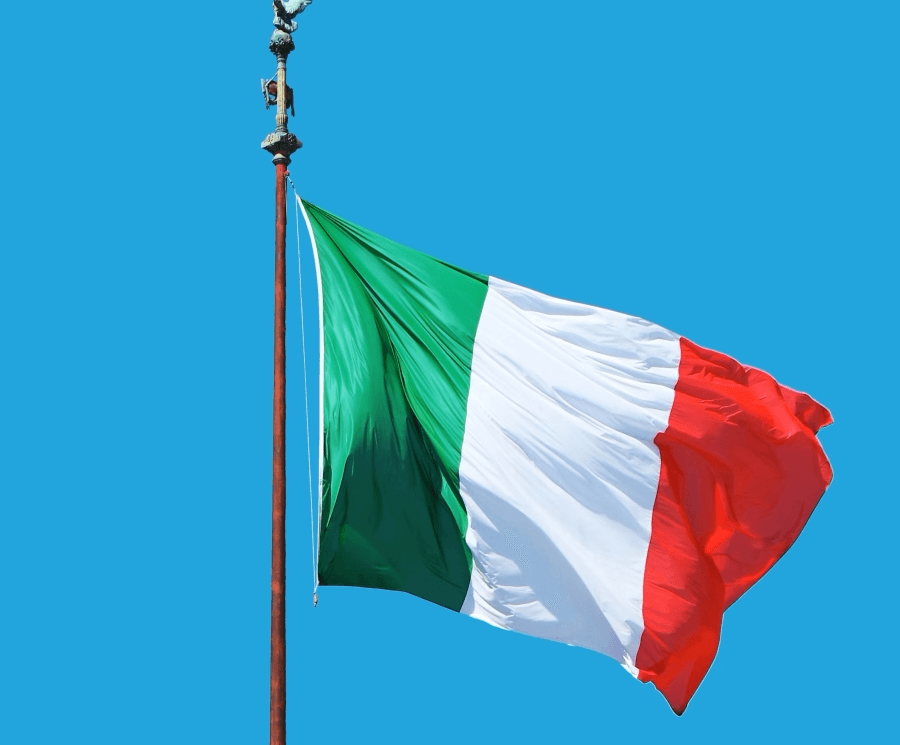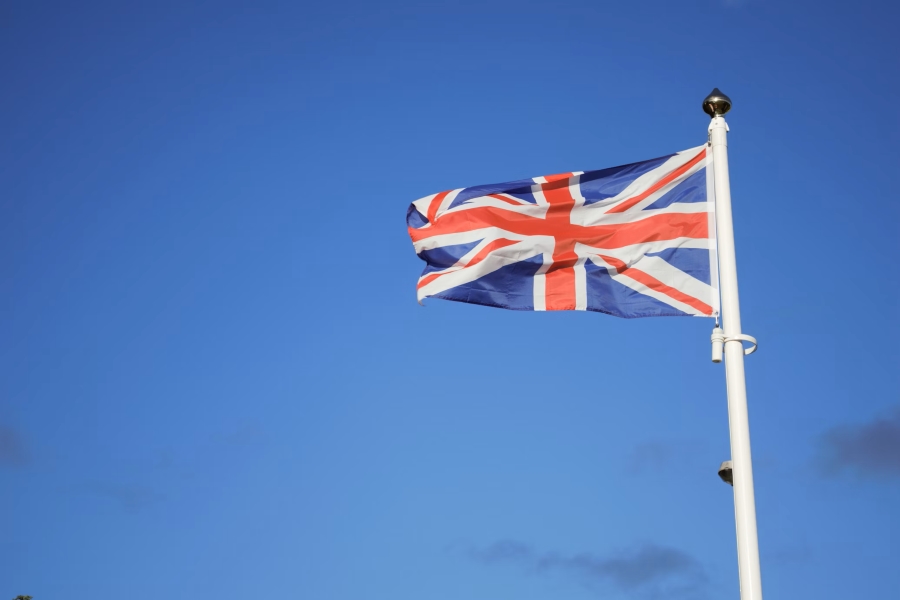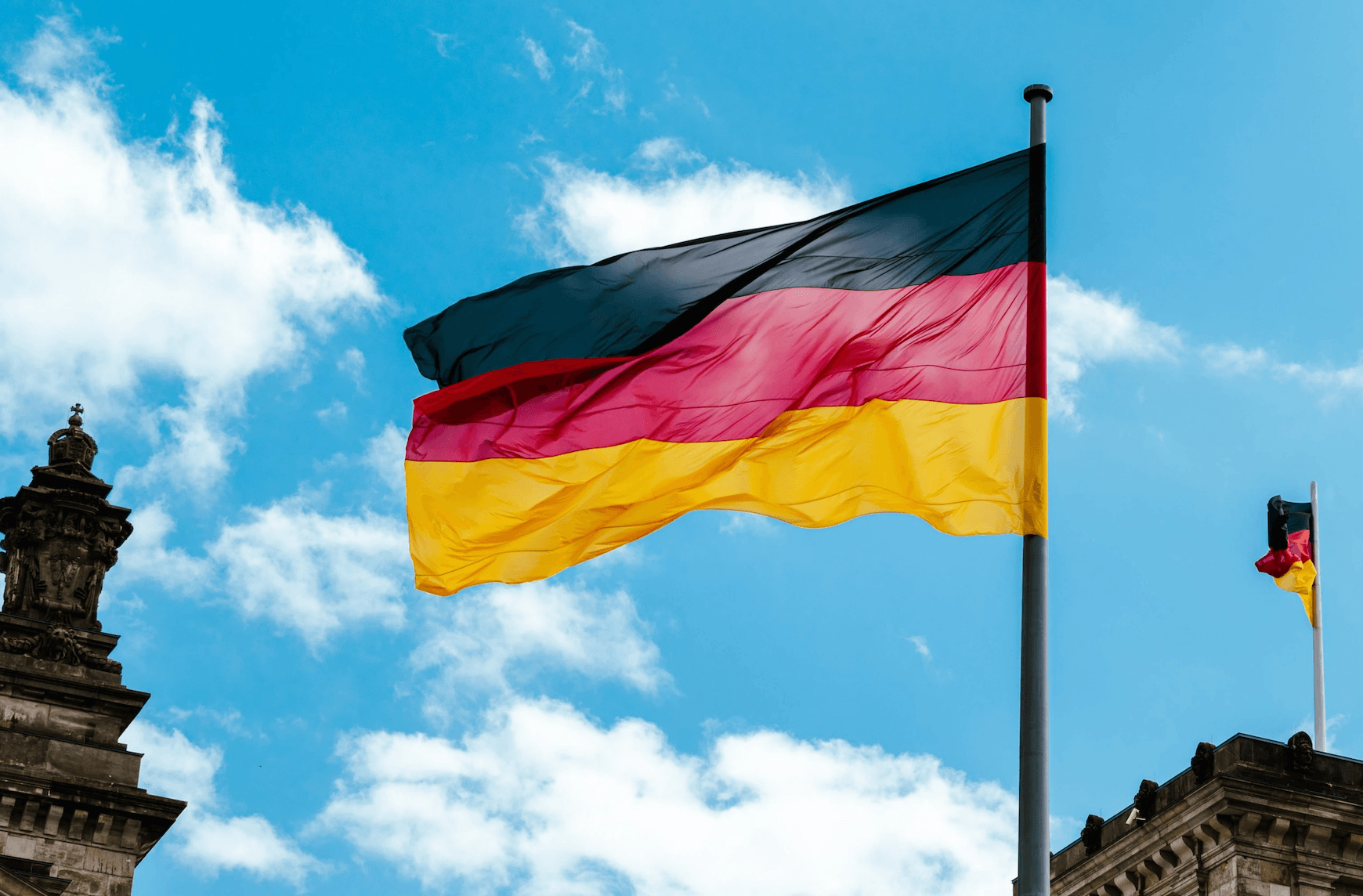Why the KSA is cracking down on influencers
The KSA has been growing more concerned about how much sway social media influencers have over young people, especially when it comes to gambling. With platforms like YouTube, Instagram, and TikTok dominating teen and young adult screen time, regulators worry that influencers are making gambling seem normal, risk-free, or even glamorous.
A spokesperson for the KSA explained, “The number of reports of influencers posting images on various social media platforms about how they gamble illegally has been increasing recently. The KSA takes these reports very seriously, because these influencers appeal to a (very) young target group with their activities.” The regulator’s swift action is intended to send a strong message, not just to LeftlanePapi, but to all content creators who might be tempted to promote unlicensed gambling sites.
The penalty and the new enforcement process
LeftlanePapi’s channel, which has more than 53,000 subscribers, drew attention after he uploaded videos showing himself gambling live on Skyhills.com, a site that does not have a Dutch licence. The videos did more than just display the gambling itself, they also featured direct links and invites for viewers to get involved, along with extra support provided through a Dutch-language Discord channel.
After the KSA’s investigation, the influencer was formally warned and told to remove all illegal gambling content within 48 hours. When the content remained online, the regulator imposed a penalty order: LeftlanePapi must immediately stop distributing, promoting, or streaming illegal games of chance on any social media platform. Each violation will incur a fine of €25,000, up to a maximum of €75,000.
The KSA’s two-step approach is clear: first, influencers receive a warning and a short window to comply. If they fail, the KSA will contact the platform directly to have the content removed and will impose financial penalties. “With its new approach, the KSA opts for a two-track policy,” the regulator stated. “After establishing a violation, influencers will receive a message that they must stop their activities within 48 hours and that illegal content must be removed. If the influencer does not do so, the KSA will approach the social media platform so that the harmful content is removed in any case.”
Wider implications for influencers and the gambling industry
This case is not just about one YouTuber. The KSA has revealed that several other influencers have already received warnings, and the regulator is prepared to take similar action if they do not comply. The aim is to deter influencers from promoting illegal gambling and to pressure social media platforms to take more responsibility for the content they host.
The regulator’s decision comes during a broader push to tighten up gambling advertising rules in the Netherlands. Even major operators like Unibet have been cautioned for breaking the country’s strict advertising laws. The KSA has introduced a new enforcement approach that aims to protect consumers, with a particular focus on younger people, from the risks of fraud, addiction and unsafe gambling environments.
As the KSA continues to monitor social media closely, it has made its intentions clear: “If influencers fail to remove such content within 48 hours of receiving a warning from the KSA, sanctions will follow.” This landmark case is likely to reshape how gambling content is shared online in the Netherlands, and could set a precedent for regulators across Europe.



 1Days ago
1Days ago














